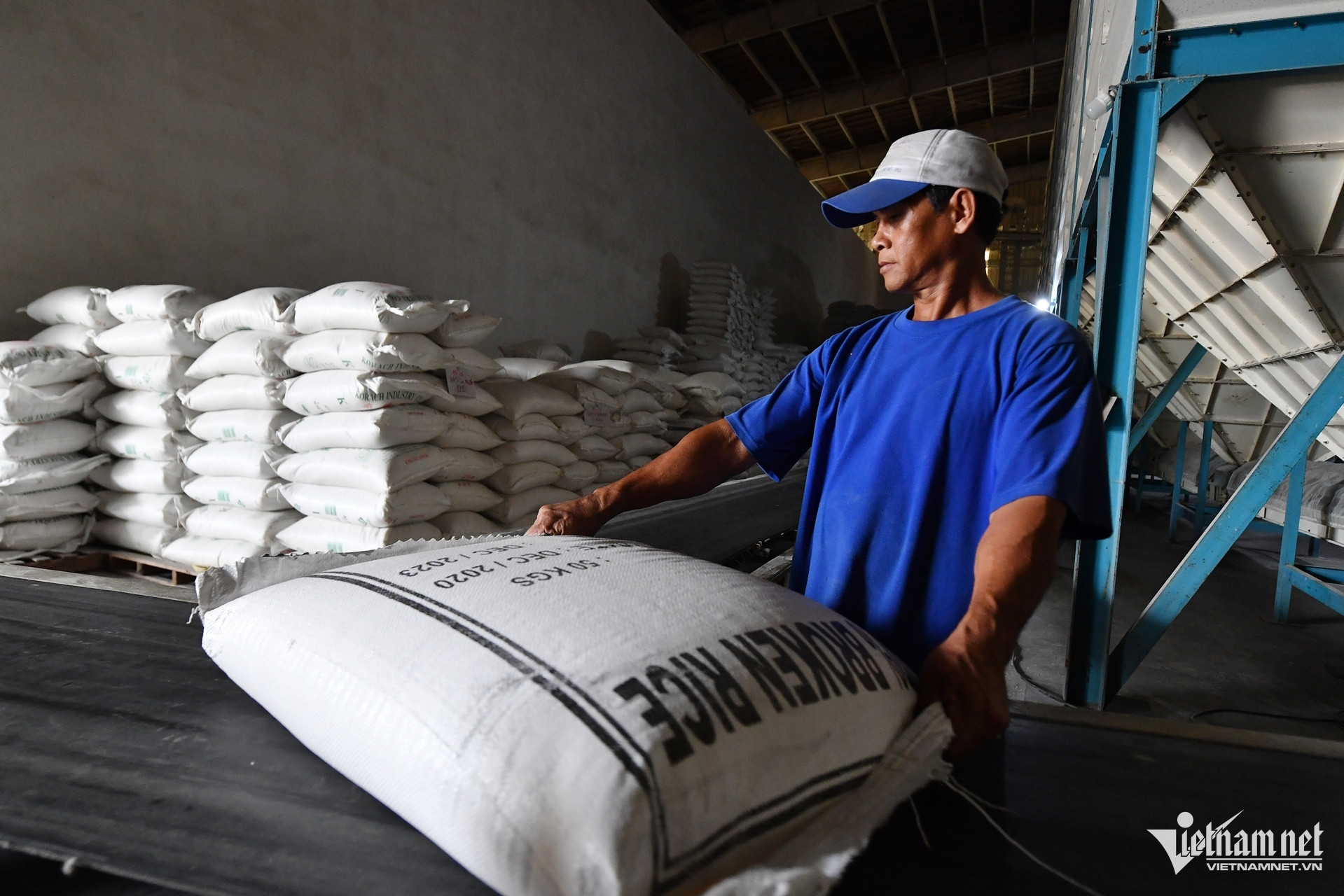
Seven years ago, rice exports faced tight restrictions from the Ministry of Industry and Trade, creating hurdles for businesses and stunting a key export sector’s growth.
After business appeals, in August 2018, the Government issued Decree 107, removing unnecessary barriers. A key change was scrapping requirements for traders to own warehouses with a minimum 5,000-ton capacity and milling facilities with at least 10 tons per hour.
Instead, businesses needed only one dedicated warehouse and one milling facility meeting technical standards, with no scale mandates. These could be owned or leased for at least five years. This opened a stable, flexible legal framework, enabling small and medium enterprises to join and boosting Vietnamese rice’s global competitiveness.
However, the barriers which were removed seven years ago, are going to be installed again. The draft amendment to Decree 107 proposes two contentious changes: mandating warehouse ownership instead of allowing rentals, and requiring businesses to stockpile over 1,250 tons of rice within 45 days of licensing, even when businesses still don’t have export contracts.
The Vietnam Chambers of Commerce and Industry (VCCI) commented that some provisions in the draft are unreasonable, increasing costs and creating capital pressure for new traders.
According to VCCI, the main purpose of the warehouse requirement is to verify operational capacity, ensuring businesses have a place to store rice. Whether a warehouse is owned or rented, this goal can be met as long as the facility meets standards. Whether to rent or own a warehouse is a matter of business freedom, consistent with market economy principles.
These tentative requirements are seen as a ‘setback’ of the reform, potentially reinstating old barriers, sidelining small businesses, and distorting the market. Just after shedding a “tight shirt,” rice exports face new rigid constraints.
Small rice businesses, especially in the Mekong Delta, play an important role in the rice value chain. They collect and process specialty rice and partner with farmers to develop rice material growing areas.
When Decree 107 was enacted in 2018, these businesses had opportunities to thrive. Rice-exporting enterprises grew 1.4 times in 2019, proving the value of controlled trade liberalization.
Yet, instead of refining the legal framework by providing more support and post-compliance monitoring, the draft amendment leans toward harsher conditions that most small businesses can’t meet. These aren’t just financial burden—like owning physical warehouses—but also infringe on constitutional business freedom.
‘Management’ cannot be equated with “control.” In the digital era, modern governance must rely on data, transparency, and trust.
If a business can meet the requirements on contract, tax, and traceability standards, they should not be required to possess fixed assets as well. The capital they have can be used to improve rice varieties, quality, and logistics systems, rather than to inject into fixed assets.
Moreover, a good policy cannot be designed only to “filter players” and give advantages to the players who already have good conditions. Economists call this “regulatory capture” – when the law is controlled by interest groups to consolidate their positions.
If reforms only aim to ‘polish’ the figures in reports, and in fact, to “rebuild invisible walls”, then the confidence in the investment environment will soon be cracked.
Vietnam can learn from countries like Thailand, India, and the US, where regulatory mechanisms go hand in hand with enabling small business participation in value chain. These countries understand that it is the diversity of business sizes that gives flexibility and resilience to export.
Mindset is key. Reform can’t mean swapping one “tight shirt” to put on a even tighter one. The Government’ pledges to “shift from control to service” and “enable development” must become real policies.
The draft amendment to Decree 107 needs a fair review, rooted in the realities of small businesses facing climate risks, price swings, and competition. If management agencies still can’t yet “guide” them globally, at least don’t make them climb walls taller than policy’s capacity.
Institutions, like roads, must be flat, wide, and multi-pathed. It is impossible to talk about innovation, global aspirations, or green exports if the path is blocked by self-made barriers. It’s time to move beyond “standing with businesses” to acting as true partners: removing obstacles and growing together.
Vietnam is one of the top three rice-exporting countries globally. In 2024, the country exported over 9 million tons of rice, with a turnover of nearly $5.7 billion.
Tu Giang